All Formats & Editions
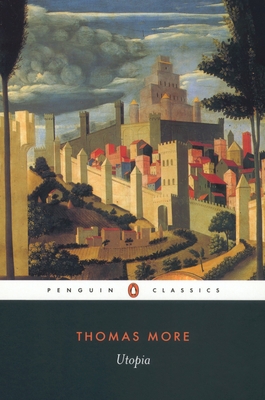
Utopia
In his most famous and controversial book, Utopia , Thomas More imagines a perfect island nation where thousands live in peace and harmony, men and women are both educated, and all property is communal. Through dialogue and correspondence between the protagonist Raphael Hythloday...

Utopia
Utopia is a work of fiction and socio-political satire by Thomas More (1478-1535) published in 1516 in Latin. The book is a frame narrative primarily depicting a fictional island society and its religious, social and political customs. Many aspects of More's description of Utopia...
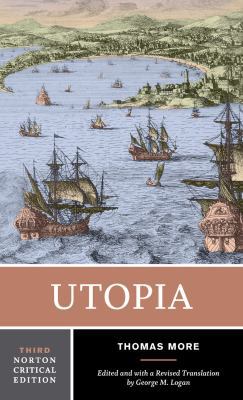
Utopia: A Norton Critical Edition
Based on Thomas More's penetrating analysis of the folly and tragedy of the politics of his time and all times, Utopia (1516) is a seedbed of alternative political institutions and a perennially challenging exploration of the possibilities and limitations of political action.
...
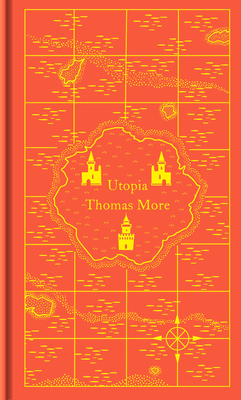
Utopia (Penguin Pocket Hardbacks)
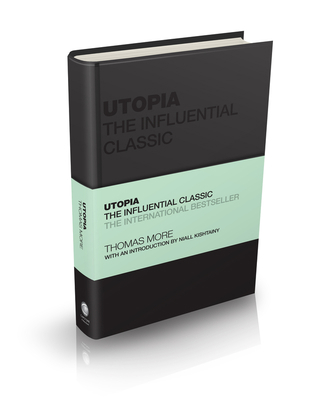
Utopia: The Influential Classic
What we can learn from a Renaissance nowhere In 1516, a book was published in Latin with the enigmatic Greek-derived word as its title. Utopia--which could mean either "good-place" or "no-place"--gives a traveler's account of a newly discovered island somewhere...
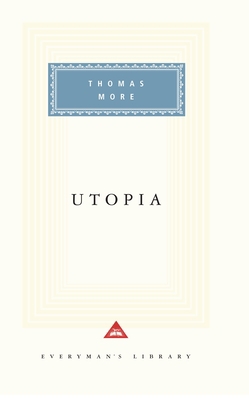
Utopia: Introduction by Jenny Mezciems
First published in 1516, during a period of astonishing political and technological change, Sir Thomas More's Utopia depicts an imaginary society free of private property, sexual discrimination, violence, and religious intolerance.
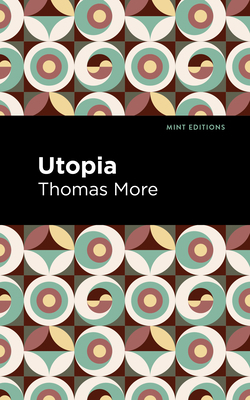
Utopia
Utopia (1516) is a work of political satire by Thomas More. Published in Latin while More was serving as Privy Counsellor under King Henry VIII, the text is stylized as a true account of a new civilization discovered in the New World by traveler Raphael Hythlodaeus...

Utopia
Utopia By Sir Thomas More is a work of political philosophy primarily depicting a fictional island society and its religious, social and political customs. A really influential and highly regarded mind, Thomas More is known for being controversial and highly intelligent. A wonderful...

Utopia
Utopia By Sir Thomas More is a work of political philosophy primarily depicting a fictional island society and its religious, social and political customs.
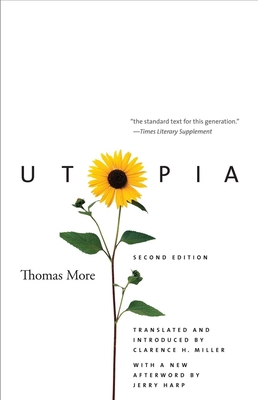
Utopia
"This translation offers a fresh and vital encounter with Thomas More's Utopia for a twenty-first century audience."--Elizabeth McCutcheon, Utopian Studies Saint Thomas More's Utopia is one of the most important works of European humanism and...
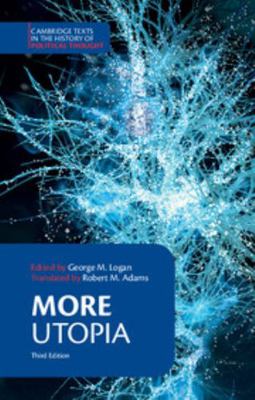
More: Utopia

Utopia (Norton Critical Editions)

Utopia (Classics of World Literature) (Wordswor...
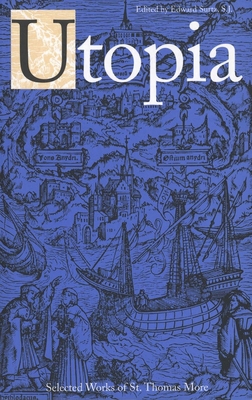
Utopia
"It is an immense work of painstaking erudition, and will undoubtedly be the standard text for this generation."--Times Literary Supplement "Both the completeness of this volume and the care with which it has been produced will gain for it the respect...
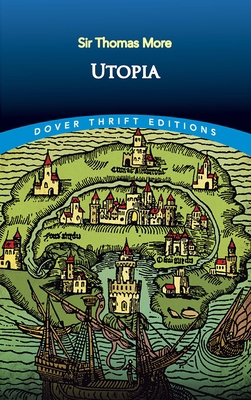
Utopia
First published in Latin in 1516, Utopia was the work of Sir Thomas More (1477-1535), the brilliant humanist, scholar, and churchman executed by Henry VIII for his refusal to accept the king as the supreme head of the Church of England.
In this work, which gave...

Utopia
A utopia is a community or society possessing highly desirable or near perfect qualities. The word was coined by Sir Thomas More in Greek for his 1516 book Utopia (in Latin), describing a fictional island society in the Atlantic Ocean. The term has been used to describe both...
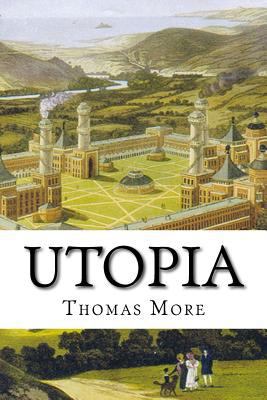
Utopia
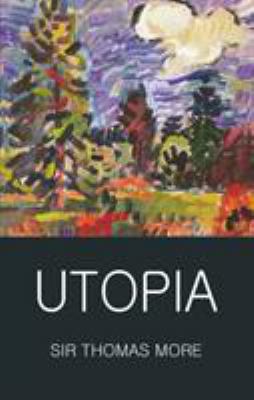
Utopia
This text presents a contribution to political thought, culminating in the description of the "utopians". These figures live according to the principles of natural law, but are receptive to Christian teachings, hold all possessions in common and view gold as worthless.
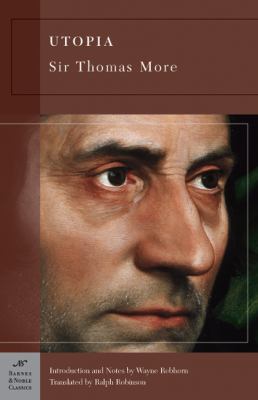
Utopia
&&LDIV&&R&&LDIV&&R&&LI&&RUtopia&&L/I&&R, by &&LB&&RSir Thomas More&&L/B&&R, is part of the &&LI&&RBarnes & Noble Classics&&L/I&&R&&LI&&R &&L/I&&Rseries, which offers quality editions at affordable prices to the student and the general reader, including new scholarship, thoughtful...
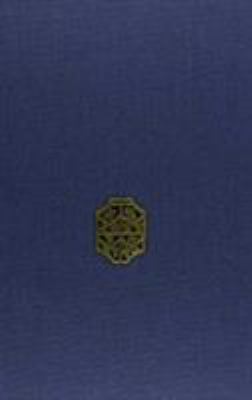
The Yale Edition of the Complete Works of St. T...

Thomas More Utopia /anglais
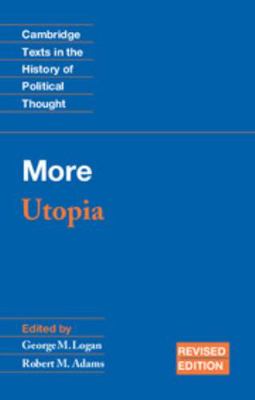
More: Utopia (Cambridge Texts in the History of...
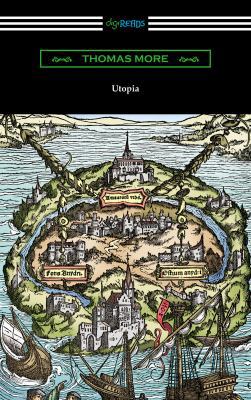
Utopia (Translated by Gilbert Burnet with Intro...
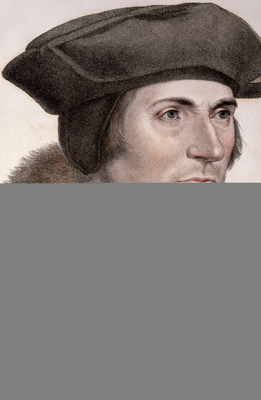
Utopia
A major new translation of Thomas More's popular work of philosophical fiction In his most famous and controversial book, Utopia, Thomas More imagines a perfect island nation where thousands live in peace and harmony, men and women are both educated, and...
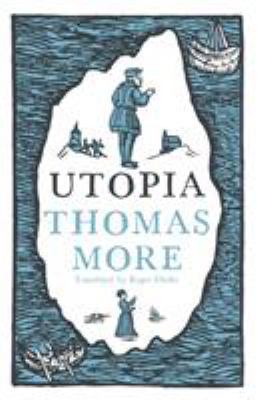
Utopia: New Translation and Annotated Edition: ...
In Thomas More's hugely influential Utopia , a traveller recounts his discovery of an island nation in which the inhabitants enjoy unprecedented social cohesion and justice. The book imagines a community in which laws, personal relations and professional ambition are based on...



